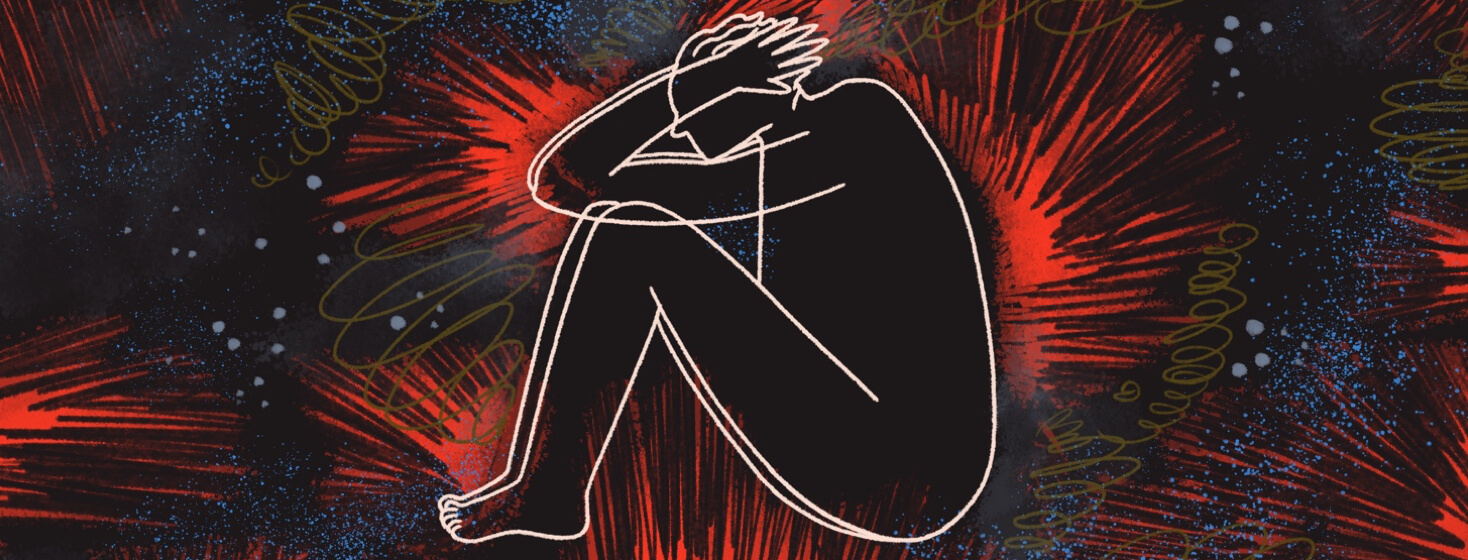Losing Sleep Over Being Misunderstood With Health Issues
Some days I do a really good job of convincing myself that no one will truly understand how difficult each day can be living with post-traumatic stress disorder (PTSD).
Even my closest loved ones have no idea what terrifying thoughts go through my head on a daily basis, and it leaves me feeling shameful, guilty, and that I’ll never be understood.
Over the last week, I have lost countless nights of sleep in fear of nightmares, but also trying to continue to make breakthroughs with my treatments and therapies. But there’s something wrong with the way I feel lately regarding any type of breakthrough.
The places my mind goes
Regression is real. Recovery is not linear.
I feel my friends and family will never truly understand how my PTSD affects my sleep and vice versa. I feel judged when I need extra sleep, as reliving trauma can be physically and mentally exhausting. To some, I’m not “always there.” It’s true. My mind is elsewhere.
My mind is on the aches and body pain I experience from lack of sleep. My mind races when I lay my head down at night, knowing I have to relive it all again tomorrow, still attempting to wear a smile on my face despite how I feel.
Insomnia is not what many people think it is
The way the world works now, with so much technology available at our fingertips, people think lost sleep is from playing on their game consoles all night or up on Pinterest. For those who have struggled with insomnia for most of their lives, this couldn't be further from the truth.
Insomnia due to health issues is a lot different and can be so hard to help others understand why. It’s exhausting, and there are some days, many days lately, where I simply do not have the energy to explain my fatigue.
Insomnia fatigue is real
Insomnia fatigue is brutal. Insomnia fatigue while living with a physical and/or mental illness can be excruciatingly painful. We were always taught that rest = recovery, right? I find myself saying there truly is no rest for the weary.
It’s lonely – to not be understood ... to barely make it out of bed the next day, just praying your day will fast-forward so you can go back to bed – only to struggle with severe insomnia, even more, the next night.
Where is the adrenaline boost?
Life with insomnia feels a lot like a fight or flight response, but without that rush of adrenaline to help you fight or flight. You're kind of left staring like a deer in headlights when things pop up unexpectedly.
We react slower, we feel things deeper, we lose sleep, and we have anxiety about the stupid things we did out of tiredness and exhaustion. We’re not perfect, and we’re definitely not understood.
A sleep disorder on top of other chronic illnesses
It's hard enough to be physically ill, specifically chronically ill. But when you add a sleep disorder to your physical ailments, it is so incredibly hard to recover from anything. We spend our days sleepily drifting through our hours thinking about being in bed, come home, and tuck ourselves in bed at the end of the day ... only to experience another night of insomnia.

Join the conversation